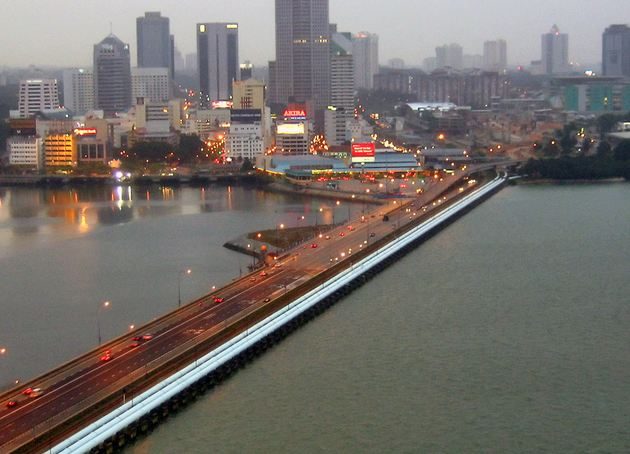In the lead-up to this election, there has been a strong feeling among the Chinese electorate that the election is fundamentally unfair and stacked towards the ruling coalition. Moreover, these conspiratorial tendencies have been not limited to a perceived passive institutional bias, but rather active machinations from political elements using phantom voters from nationals collectively referred to in Malaysia as the CIMB (Cambodians, Indonesians, Myanmareses and Bangladeshis).
Undoubtedly, the cynicism of the state from the Chinese-Malaysians reflect their perceived power position, which was one which had balanced economic power with limited political power. Ironically, the Chinese-Malaysians may prove to be key to this election, as PKR and PAS has spilt UMNO’s former dominant Malay voter bloc. This has provided the Chinese community with its best chances to elect a government that will overturn longstanding systematic racial quotas in the New Economic Programme.
Young Chinese-Malaysians, especially those who are overseas, have been tapped in this election as a source of reliable opposition voters. A campaign to Jom Balik Undi or go home and vote has been started to get overseas Malaysian to balik kumpung (return home) to vote. The large numbers of Chinese-Malaysians in Singapore has been a target of political campaigning, which, accounting for the 20 minute land travel between Singapore and Johor may mean that many previously disengaged or turned off Chinese-Malaysian students and workers in Singapore might return to cast a vote for change.
 Facebook
Facebook  Twitter
Twitter  Soundcloud
Soundcloud  Youtube
Youtube  Rss
Rss 
